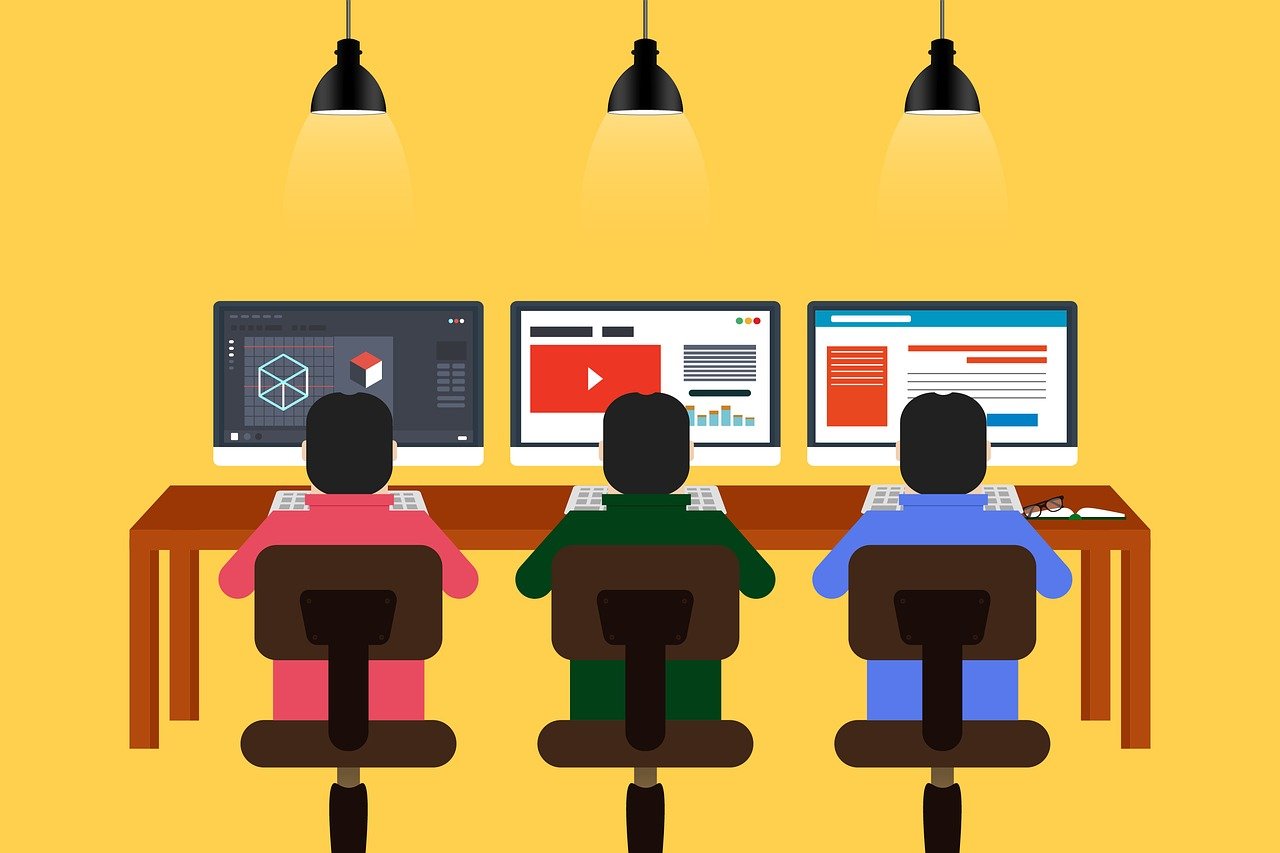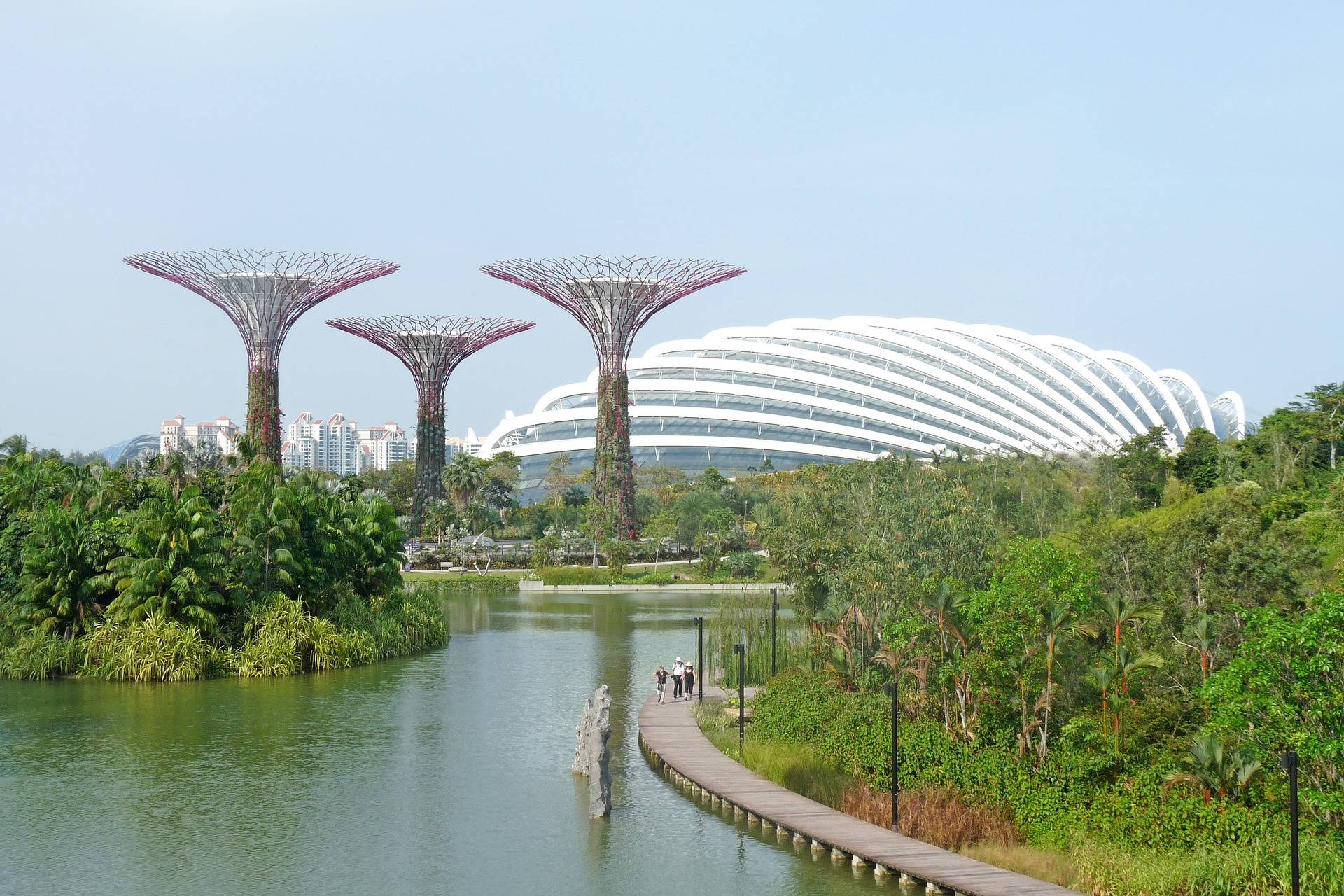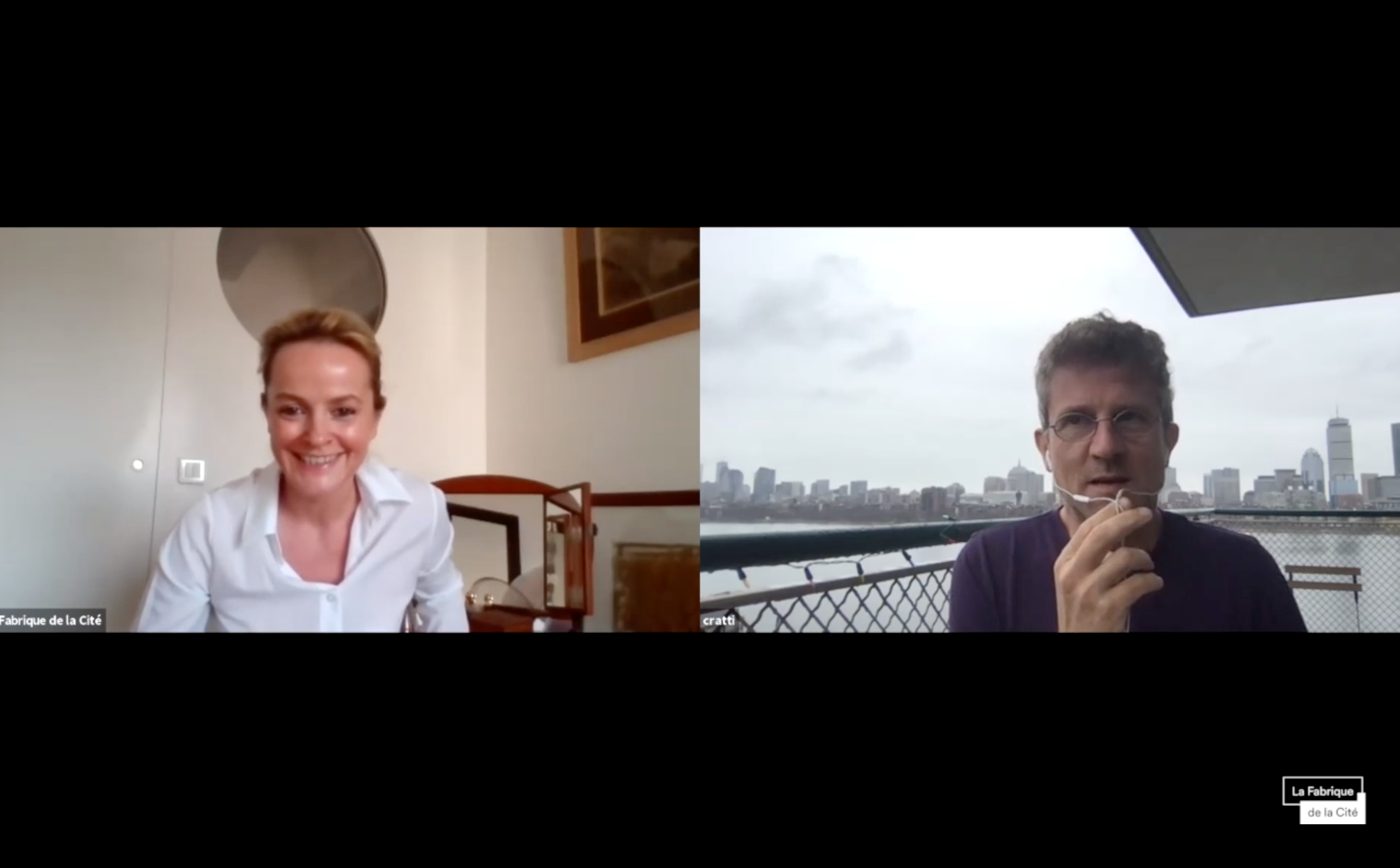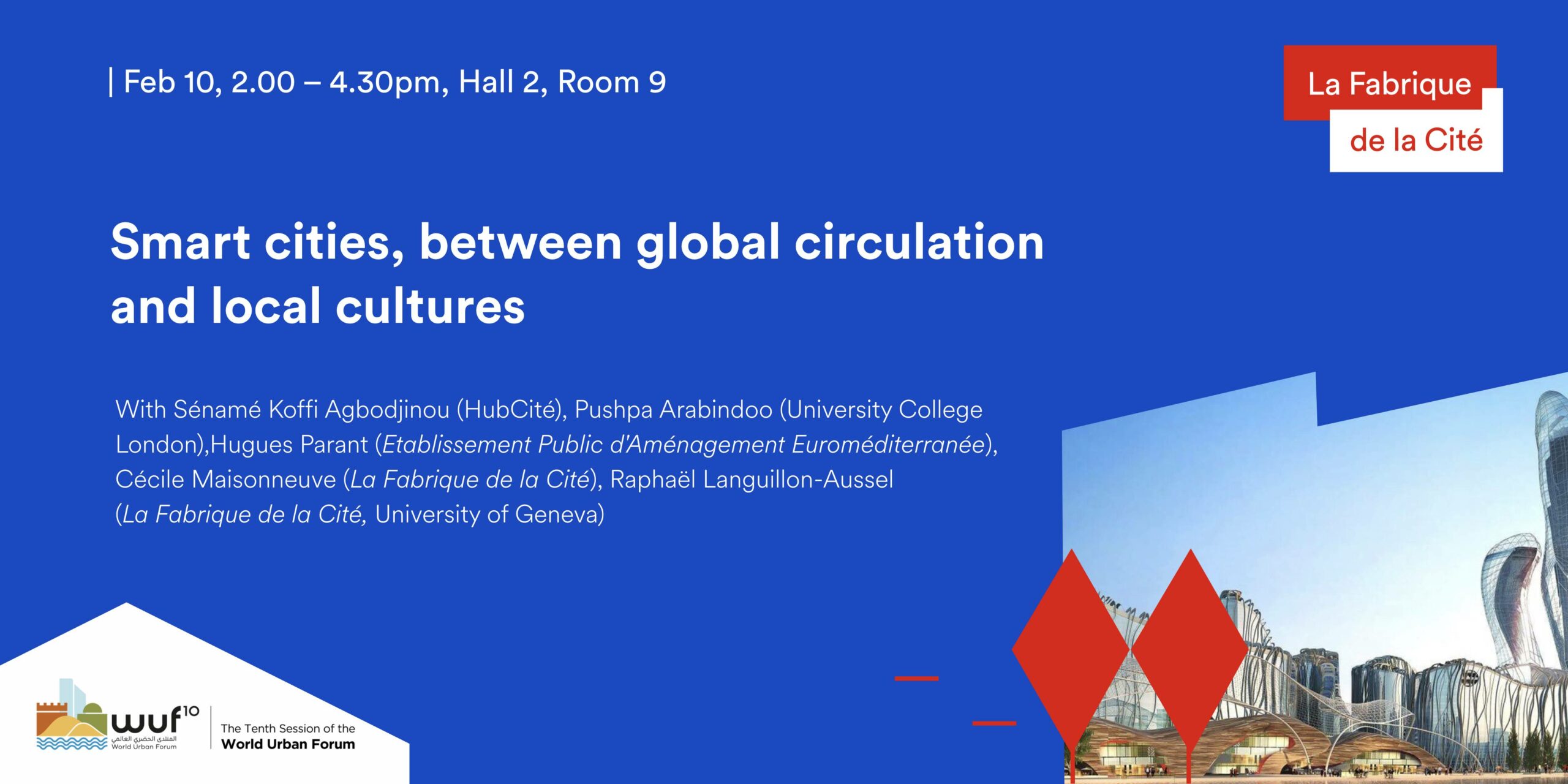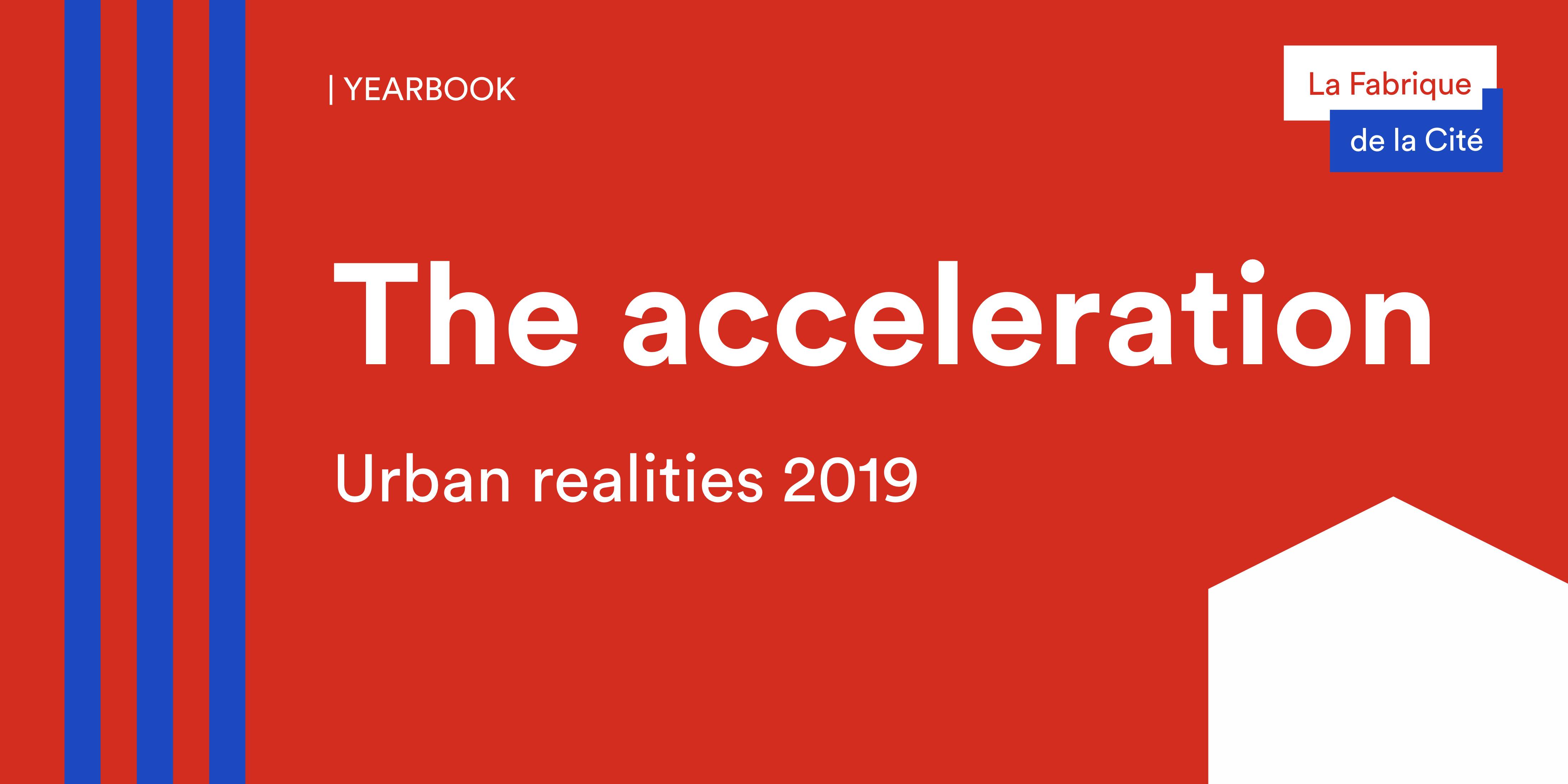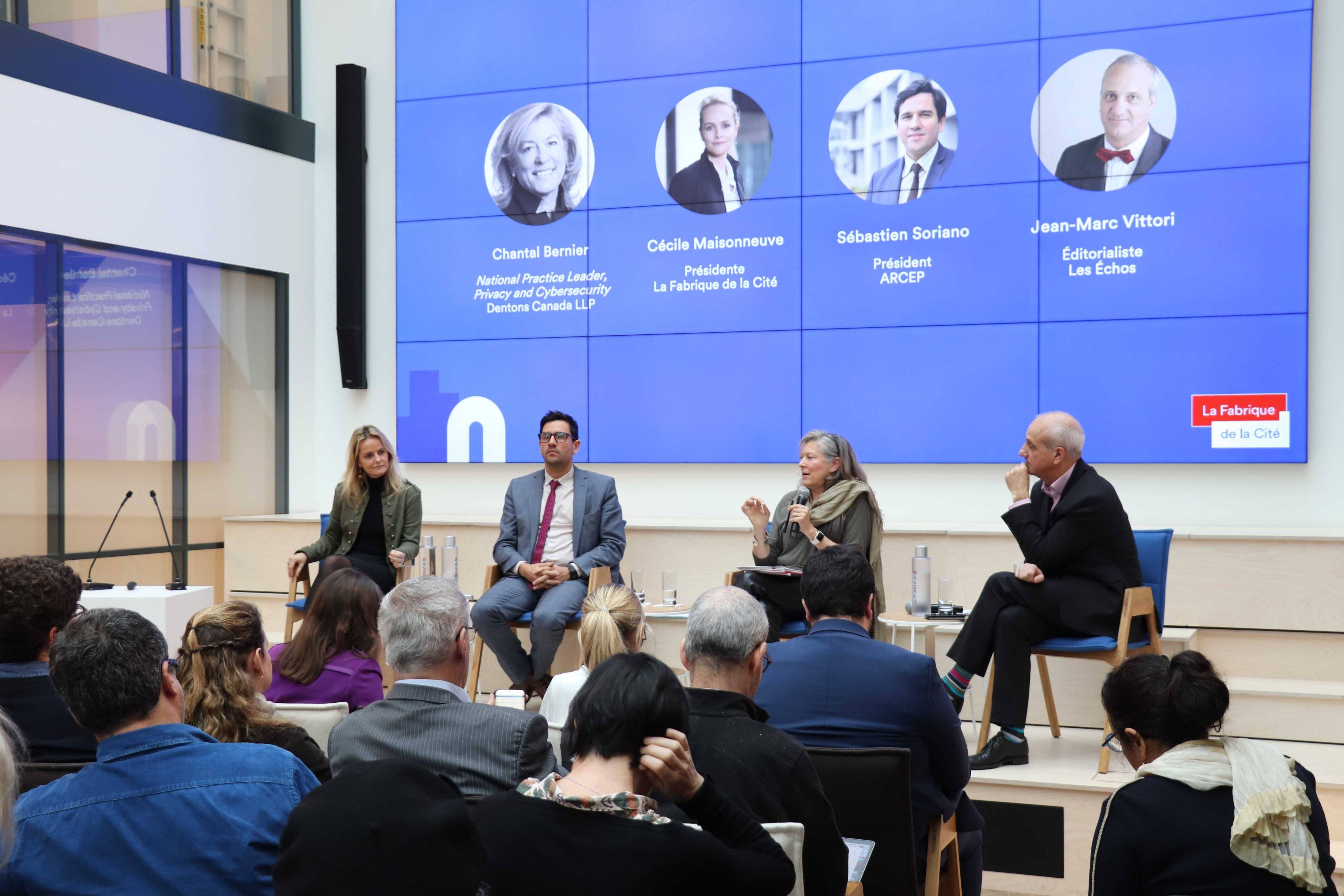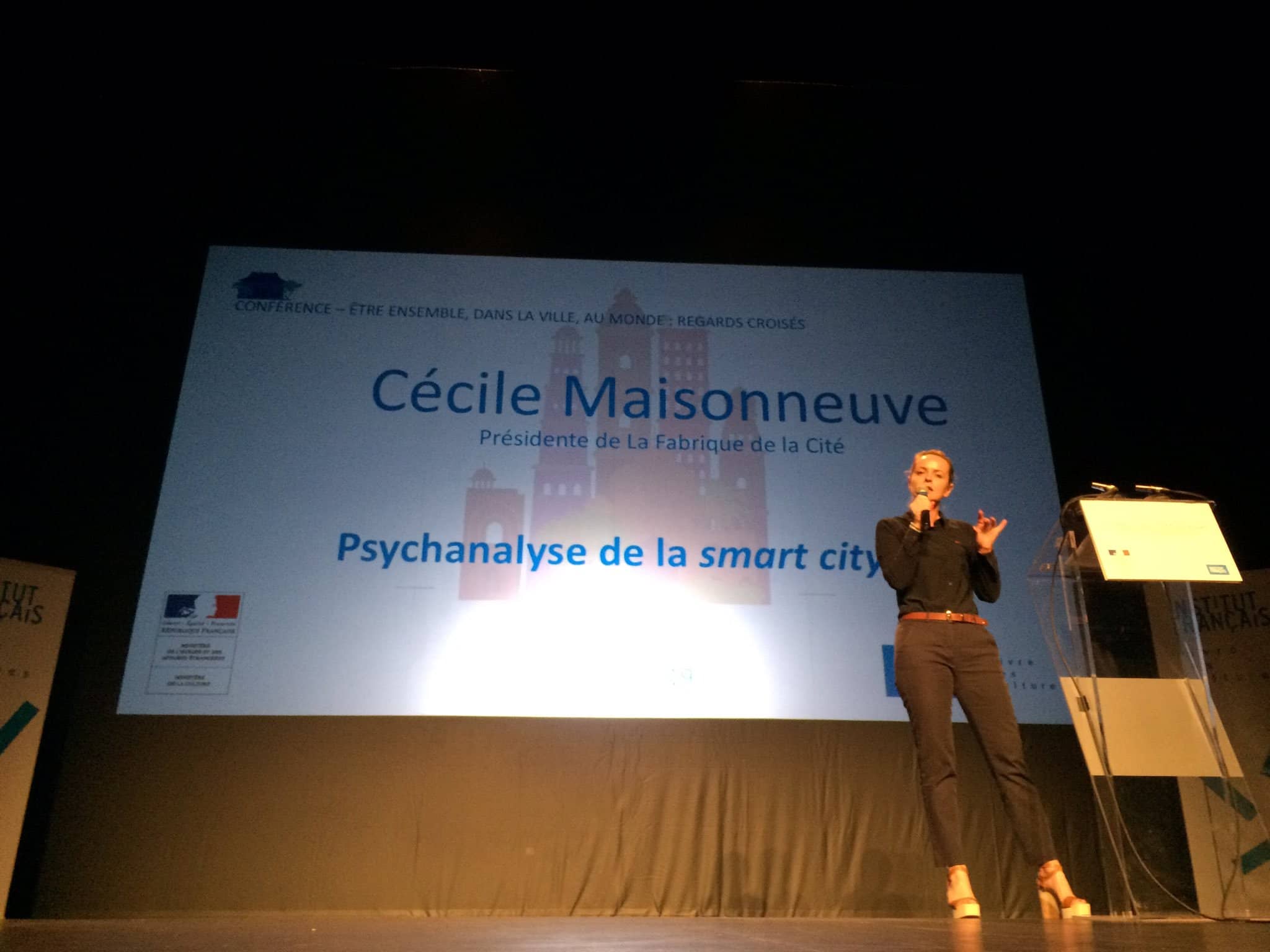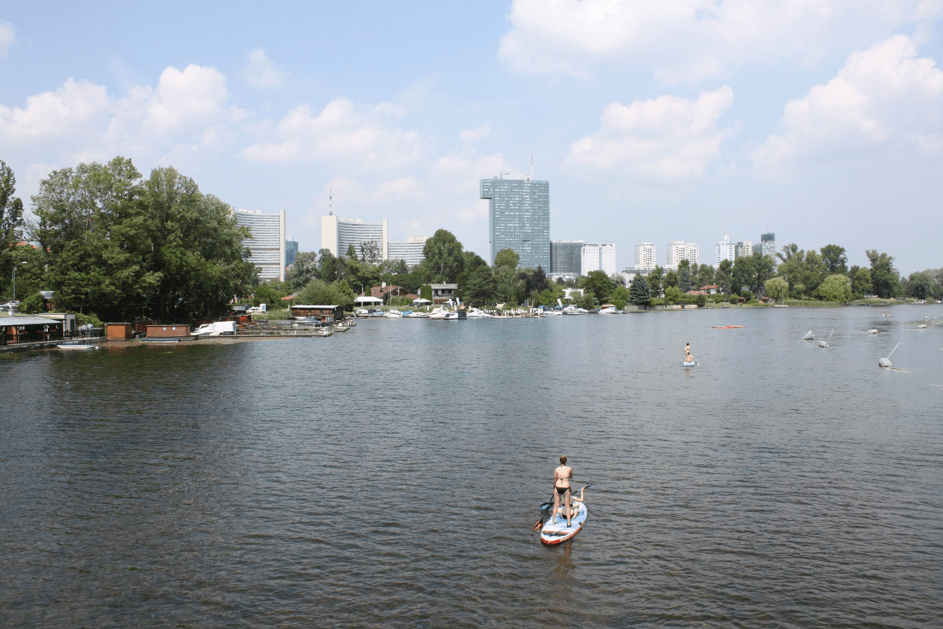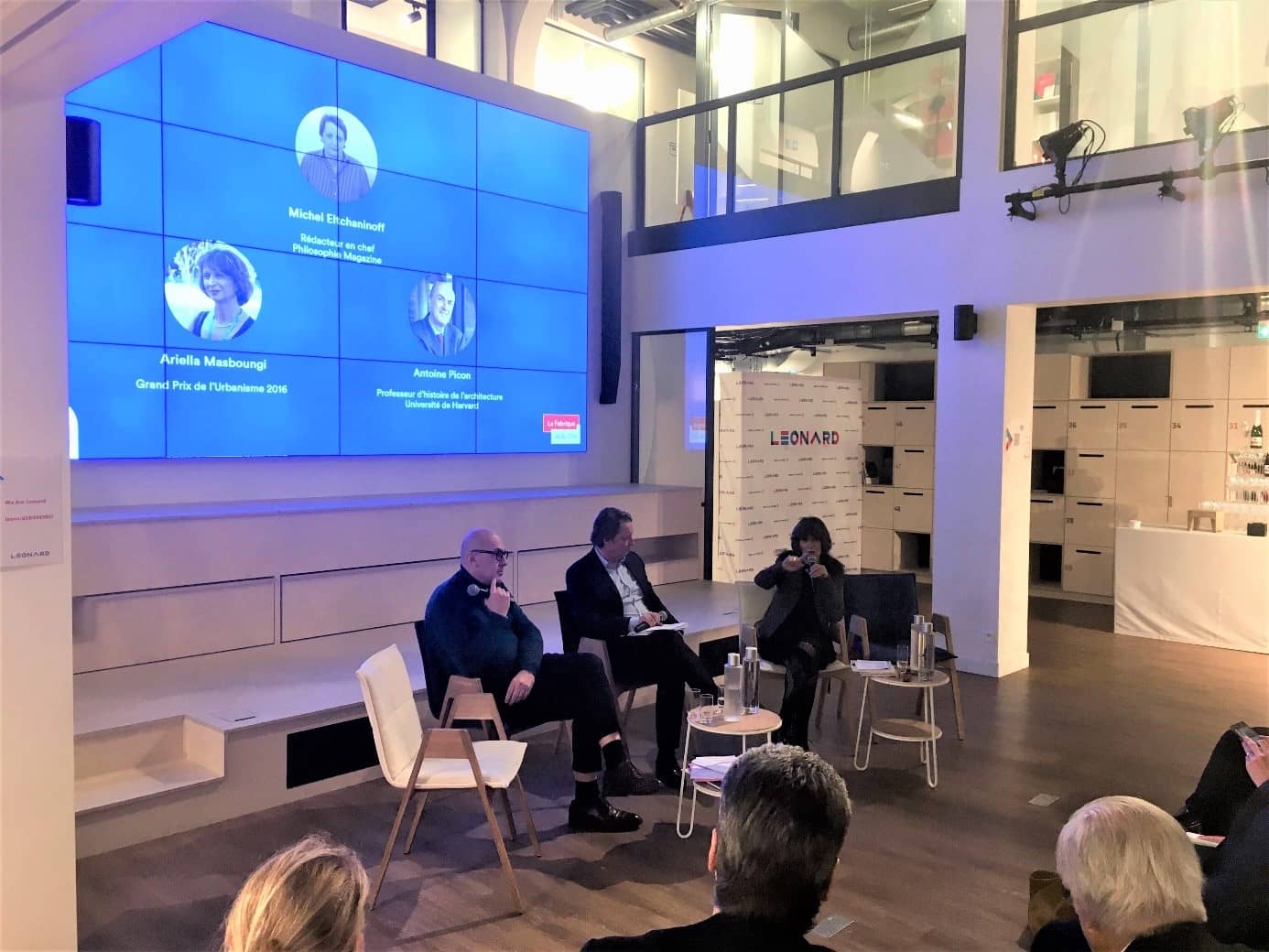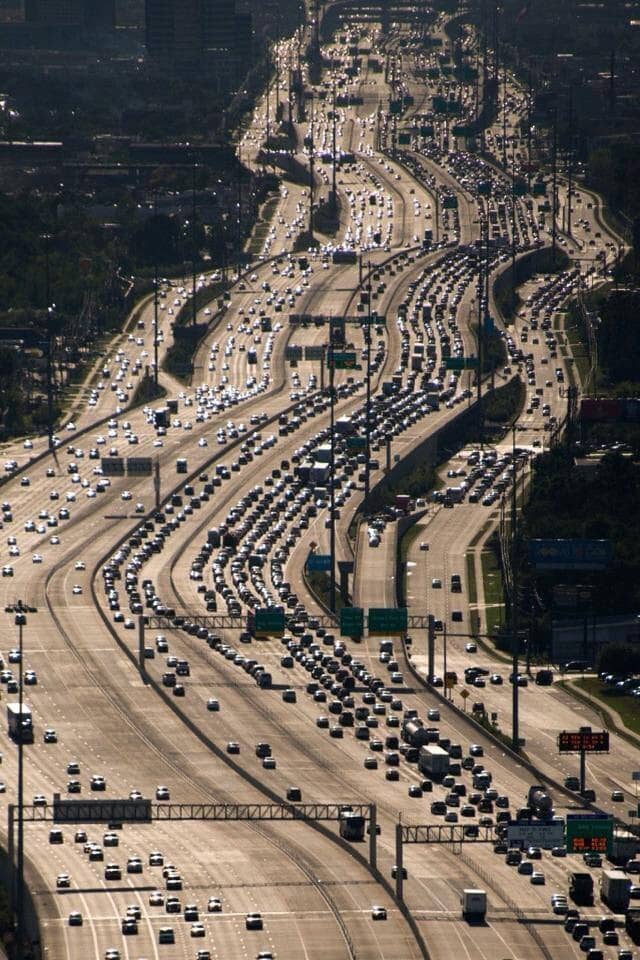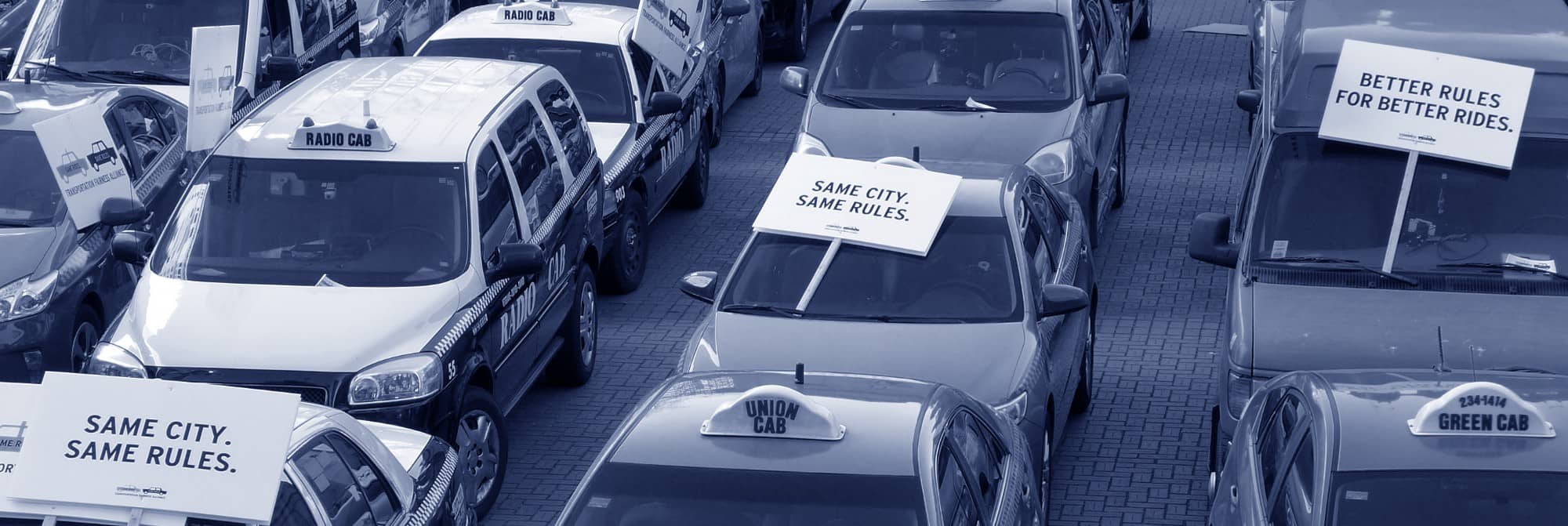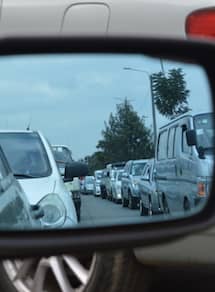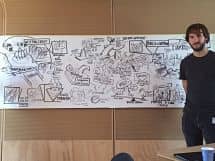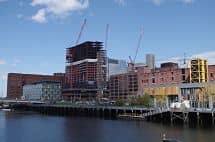

Google and the City: back to (urban) basics?
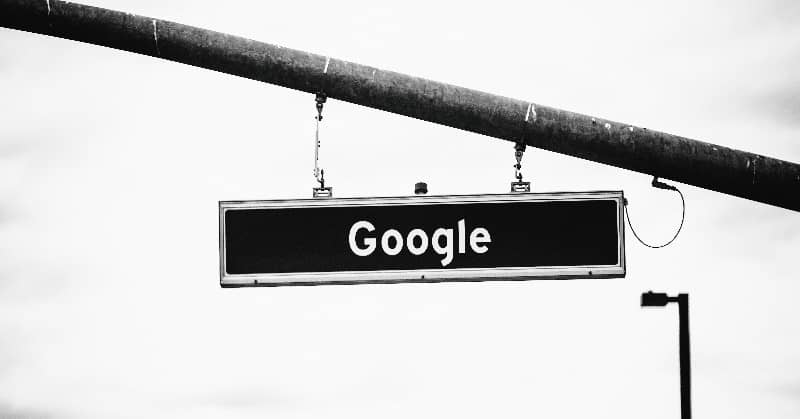
First there was Google’s 2014 acquisition of Waze, a route planner that has since enriched its offer to propose partnerships with cities. The Connected Citizens program allows “hundreds of international cities, departments of transportation” to establish “meaningful relationships” and “ regularly knowledge share to identify creative solutions. From road management to measurable congestion reduction, these are the initiatives building the cities of tomorrow”, says Waze’s website. Thus, while other digital platforms have imposed on cities via a non-collaborative and, at times, aggressive strategy, Waze has followed the exact opposite path and can rightly claim to be a partner. Including when it comes to the crux of the issue, i.e., the exchange of data, as explained by authorities in Boston, where La Fabrique de la Cité organized its international seminar in July 2016.
Next came the 2015 creation of Sidewalk Labs, a subsidiary of Google’s parent company Alphabet, dedicated to urban innovation, and created with a view to “improve urban infrastructure through technological solutions and tackle issues such as cost of living, efficient transportation and energy usage”. No mean feat… The appointment of Daniel Doctoroff, a former New York City deputy mayor under Mayor Michael Bloomberg and orchestrator of Brooklyn’s revival, signaled, beyond ambition, Google’s determination not to confine itself to data services but to go beyond and work on “hard” issues such as planning and urban policies. The October 2017 announcement of the partnership with Toronto for the development of one of the largest areas of underdeveloped urban land in North America (325 hectares) embodies this ambition: Google is now positioning itself as an urban developer and a partner for cities.
A host of question has arisen since this announcement: what about data governance? What innovative technologies? In short, what will Google pull out of its hat? The recent launch of Replica provides a first answer to these questions. This tool, currently destined to U.S. local authorities, allows for the “replication” of urban travel patterns in cities, thanks to a representative data sample (about 5% of the population). Its major innovation lies in its ability to determine not only where, when, and how we move, but also why. Where urban planning actors have used long, costly surveys that are inherently difficult to update, this new tool will provide an updated vision and understanding of these flows every three months. This is a fundamental step in the intelligence of mobility.
What does Google’s strategy tell us about the city? First, that unlike most major digital players, the Mountain View company is moving with great caution regarding the urban topic. Not only does it understand all of its complexity, but it also uses this complexity to work with it. After all, being user-centric does not only mean working for and with city-dwellers, but also working with technical services, urban planning agencies, transit operating authorities, etc., in short, with those who manage cities everyday to help them solve problems. How can we better think about mobility infrastructure in connection with our daily activities? How can we solve congestion?
The story does not lack irony. Where all expected Google to offer fabulous technologies — autonomous vehicles, super-intelligent buildings, blockchain … -, the digital giant returns to the fundamental questions that make the city. And there is something much more exciting about this return to basics than there ever was in the hyped-up, anecdotal innovations we are often fed in the discourse on smart cities.
These other publications may also be of interest to you:
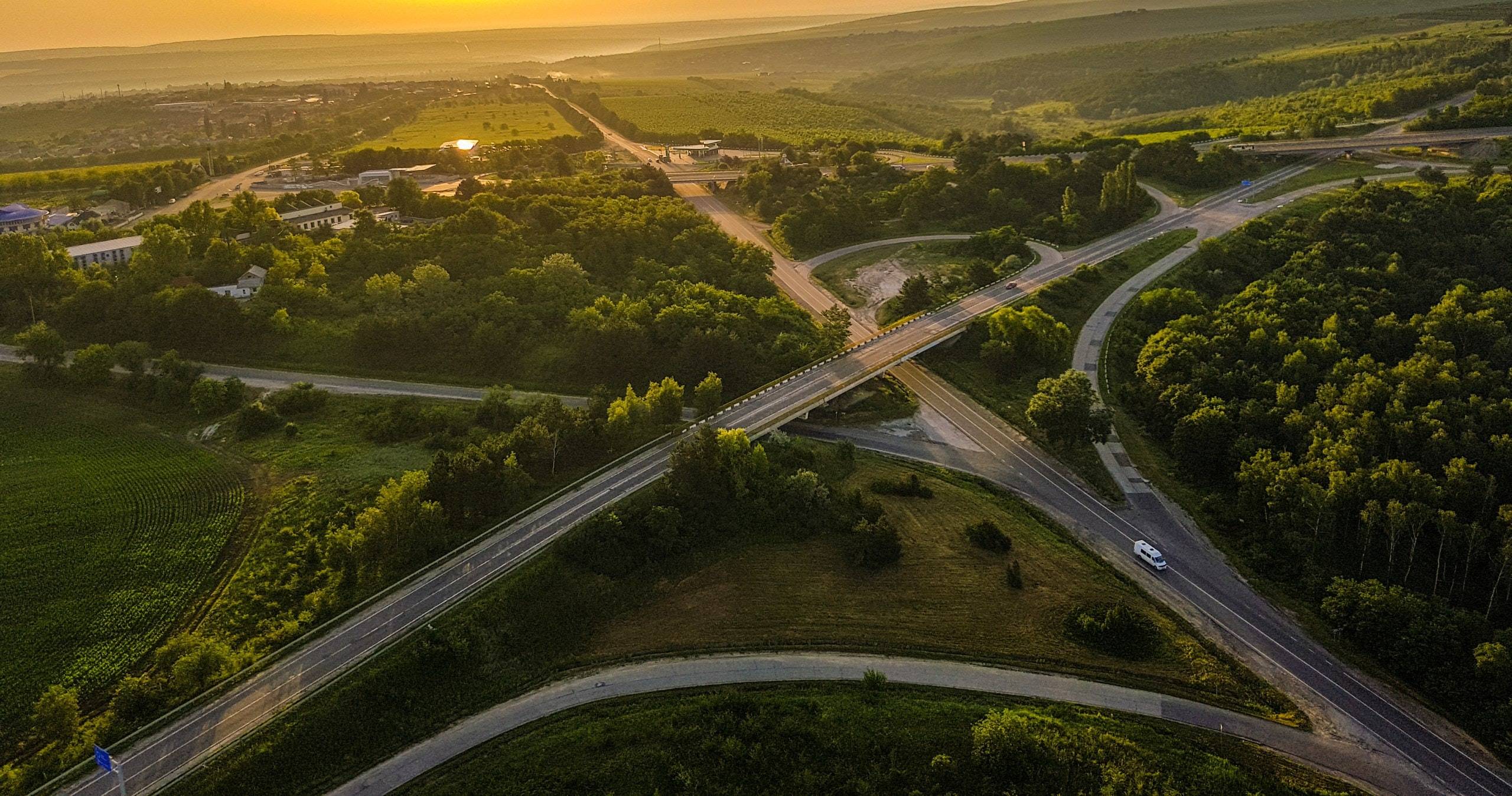
Behind the words: urban congestion

Toronto: How far can the city go?

The political and technological challenges of future mobilities
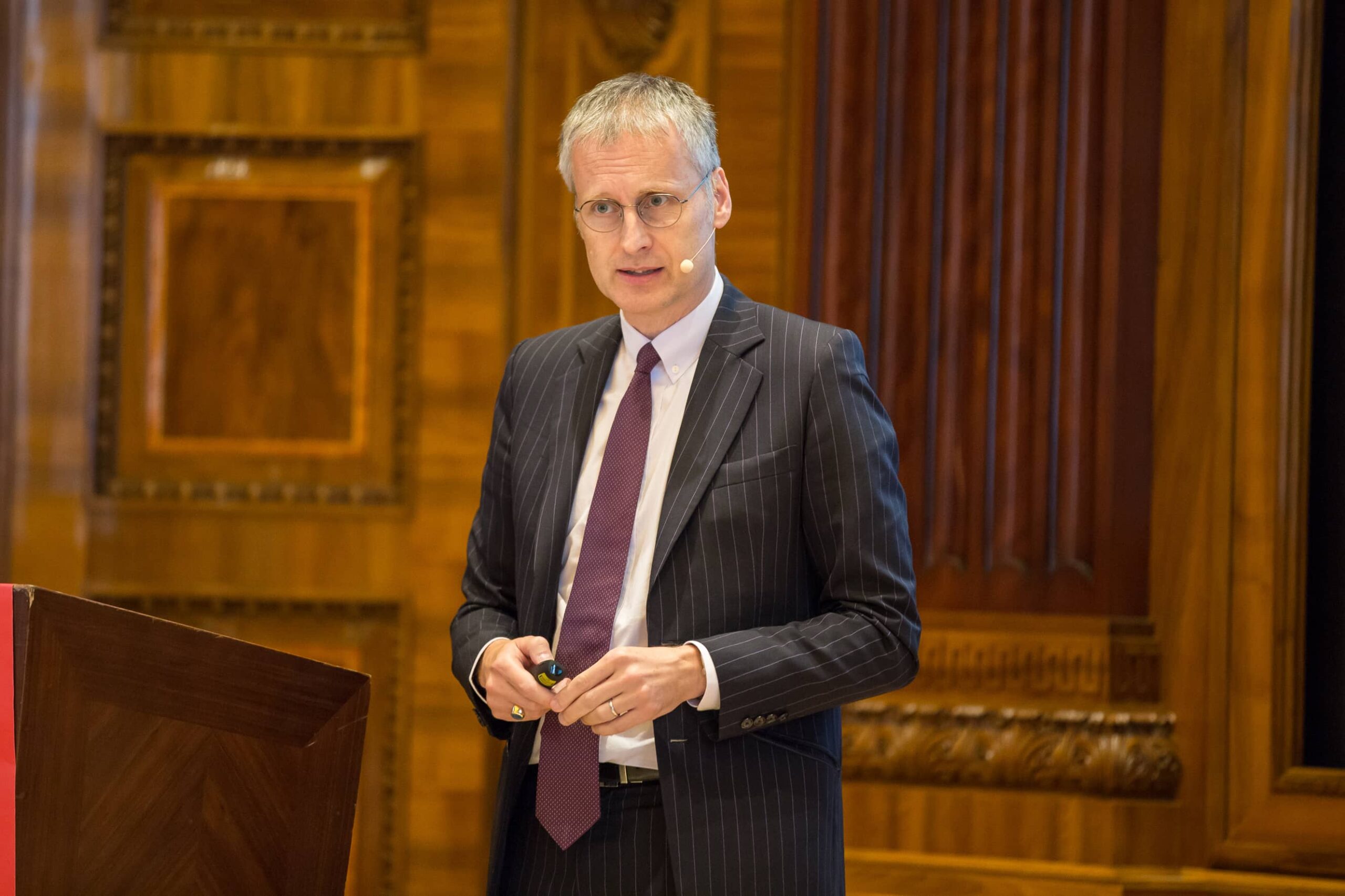
Viktor Mayer-Schönberger: what role does big data play in cities?
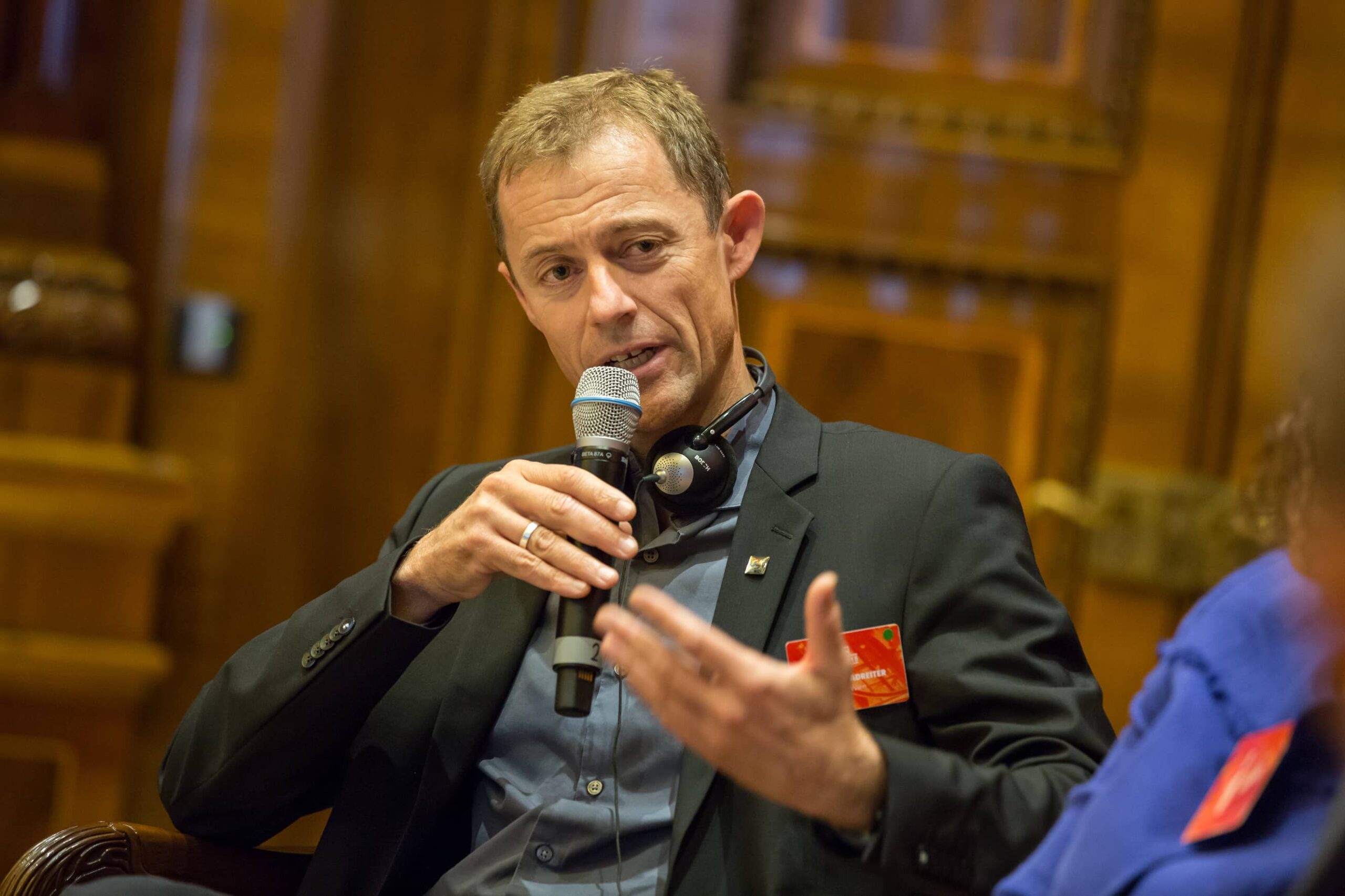
Thomas Madreiter: Vienna and the smart city

“Once Upon a Time”…

Boston Focus

Data for urban citizens
La Fabrique de la Cité
La Fabrique de la Cité is a think tank dedicated to urban foresight, created by the VINCI group, its sponsor, in 2010. La Fabrique de la Cité acts as a forum where urban stakeholders, whether French or international, collaborate to bring forth new ways of building and rebuilding cities.

















